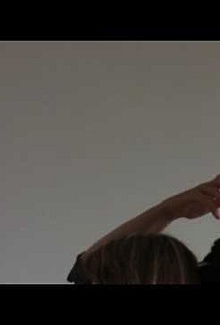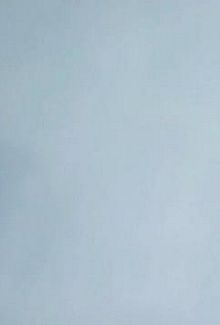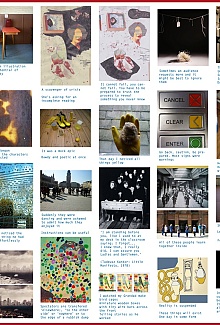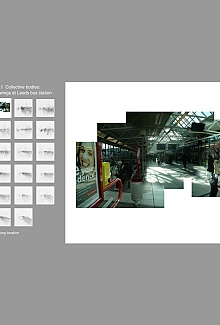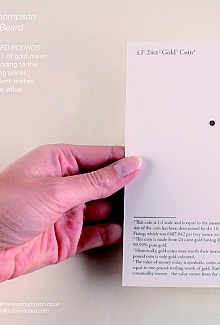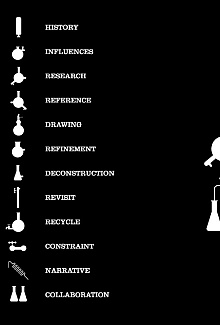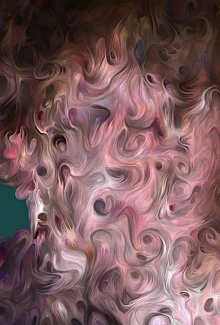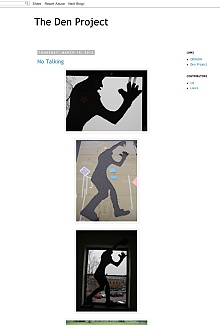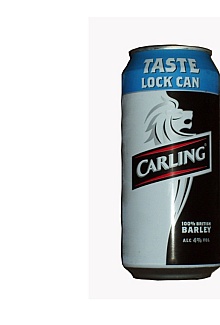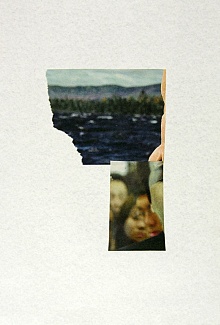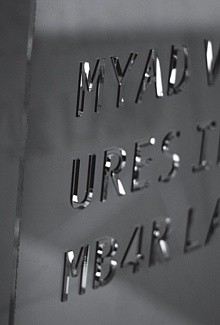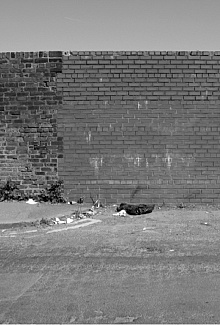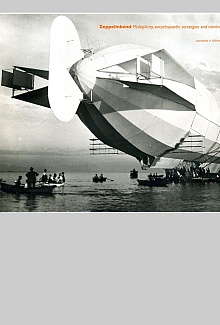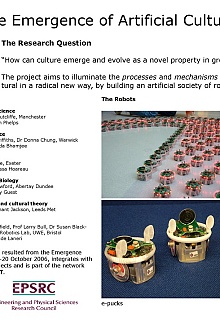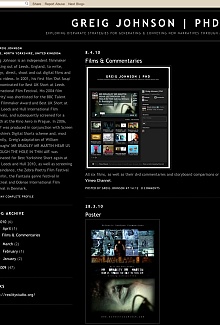Helen Cross | Help
My confident approach to research – ie try not to do any - was tested recently when I was ‘invited’ (really ‘expected’ since I’d taken the flight and stayed in a nice hotel) to contribute to a Hungarian Literary Journal.In 2011, to celebrate the Hungarian EU presidency, I, and twenty seven other writers, each representing one country of the European Union, were invited to the Budapest Book Fair.Each writer had to submit a grandly titled ‘Artes Poeticae of Writers in the European Union’ (an ego-boosting trumpeting of literary intent), atte
Karen Babayan | The Process of Writing
A spark of an idea comes often from a conversation, snatched hurriedly during the demands of the day, or a newspaper clipping found by chance. The need to discover, to know more, drives the writing process but the initial spark is crucial to power that need, has to be sufficiently intriguing.Writing then comes in different stages. The first can simply be a list of words or notes to self - minimal. The second stage, in more a recognisable prose, is written in longhand during, often, a train journey, hand and eye, pen on page, no distractions of email or j
Philip Welding
A collaboration with academic Rowan Bailey using words and photographs. Images of workplace objects were placed as provocation for a text response, which resulted in the report 'the effects of involuntary thinking in the workplace'. In this fictional report, Rowan acts as outside agency scrutinising the workplace to solve problems of decreased productivity. The full report is available on request. http://www.philipwelding.co.uk/Reference to the work was made in the Black Dogs zine 'next to nothing', and photographs and text were published in the 5th Bla
Priyantha Udagedara | Re-discovering paradise - Painting, representing and re-visioning of identities
(Case study of Sri Lanka).IntroductionThis practice based research investigates the notion of paradise which Sri Lanka has allegorically represented in visual art. The research critically examines the relationship between the notion of paradise and its current crisis, through production of two and three dimensional artwork. Collage is the vehicle on which structures emerge in order to generate a profound textual and visual art practice.Practice Internal body parts appear very often within the picture plane while the painfully twisted human hands and leg
Harold Offeh | Vito and Me
An account of a practice led research project commissioned by Tate Learning. In 2011 I was one for 8 artists invited by Tate Modern’s Learning curators Leanne Turvey and Alice Walton to formulate a research question that would form the basis of a practice led exploration of the Tate. The aim of the wider project is to put artist’s practice at the centre of ALL Tate programming. While the initial invitation was open and generous, the eventual aim was to negotiate how each of the artist’s practice led research would feed back into the Tate’s learn
Jonny Briggs
Prologue The subject matter for my interests harks back to my undergraduate days between 1997 and 1999. Where my very badly written dissertation explored the idea of Globalisation within design. Something that I didn't feel had happened yet. The internet was still pretty new ( to me and most 'normal' people anyway ) and we still received the majority of our knowledge in a slightly time-lapsed and localised manner. This was a time, not too long ago, when you actually had to pay for an email account and the worlds biggest search engine was something c
Clive Egginton | The City as Bricolage
An investigation into developing a photographic acquisition strategy for archives....the direct, uninterpreted and authentic voice of the past: the primary evidence of what people did and what they thought; the look of places and events recorded through images-both still and moving; life’s beginnings and life’s endings; the growth and decline of industries and the ebbs and flows of communities and cultures. The archive record is the foundation on which are built all our histories, with their many and varied voices...[1]The recently refurbished Sheffi
Kiff Bamford | Research demands performance demands research
Like many people, I respond best to deadlines: not desperate night-before bursts of creative energy but deadlines that prompt slow percolations of possibilities. Such deadlines are only one of the useful prompts which prop up my research activities, the other is demand. However, I am not at the point where demands often arrive unsolicited, so there is a stage of the research process which involves seeking out possibilities, whether through talking to others or more often responding to calls for papers. Since entering academia the phenomenon of calls fo

